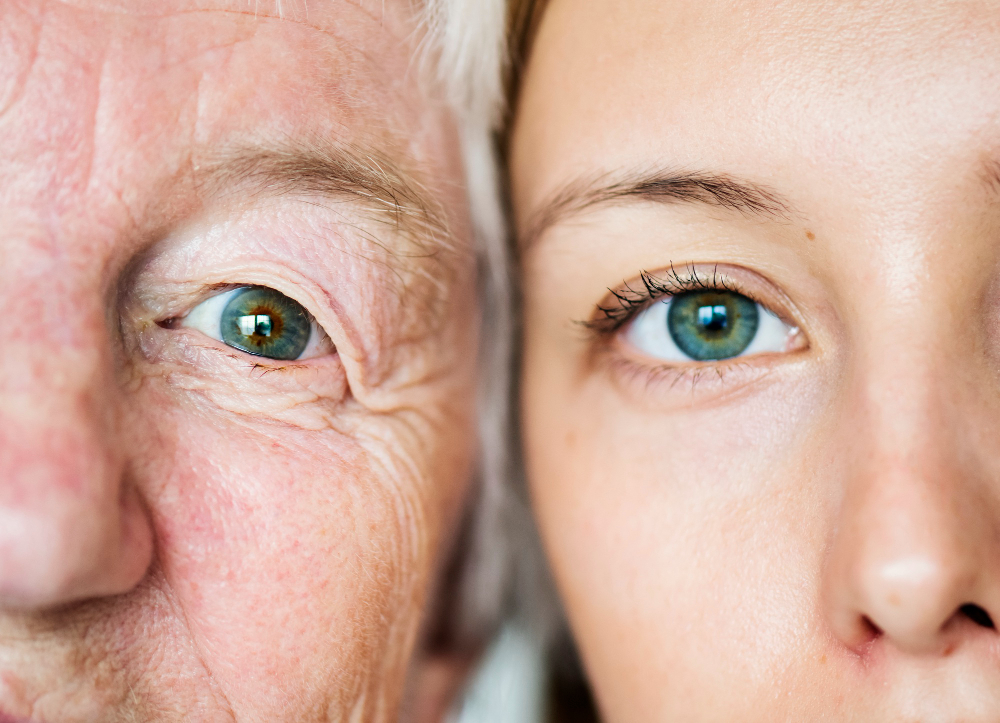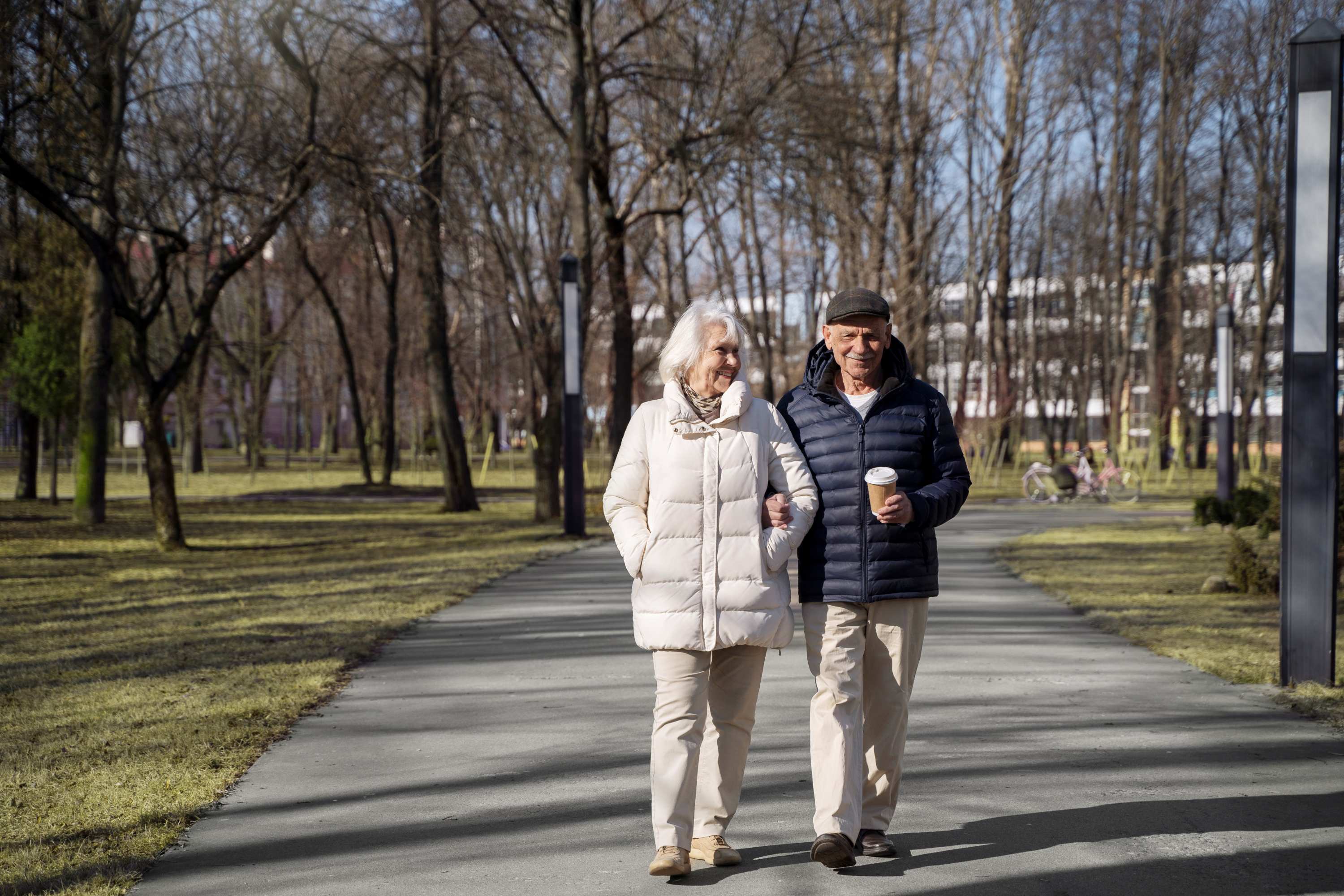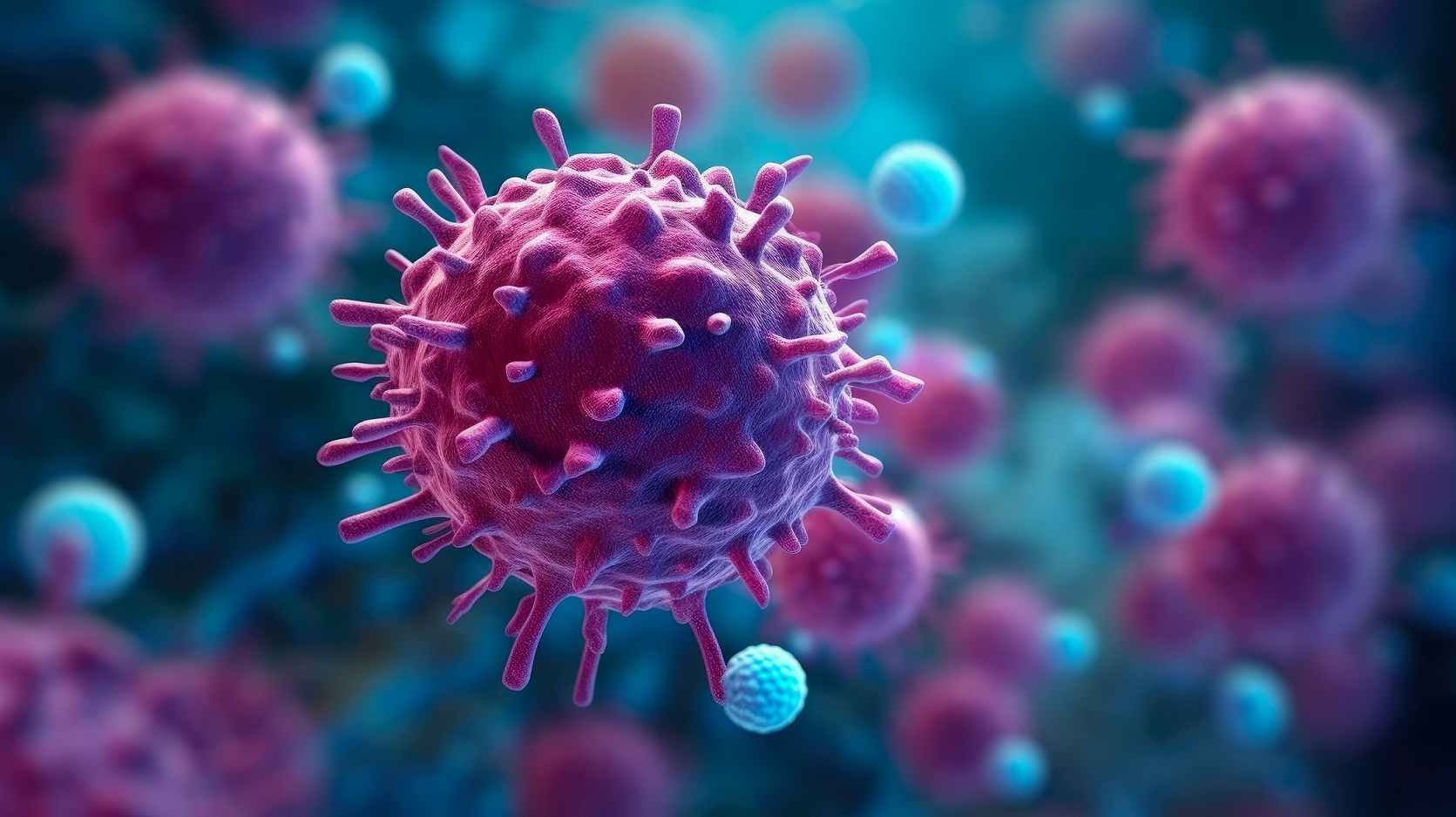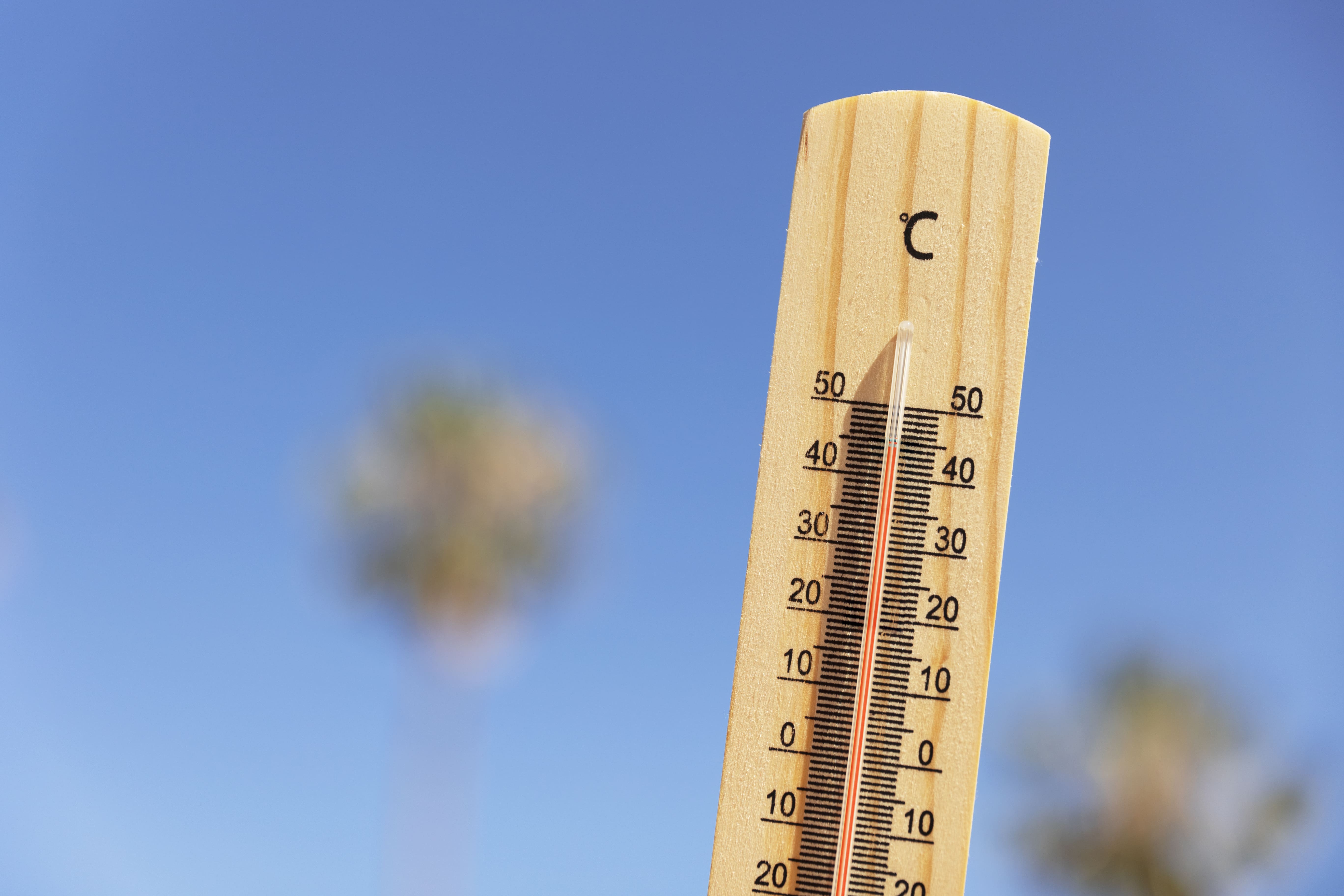AI can diagnose immunological diseases
According to a new study published in Science, a machine learning-based artificial intelligence (AI) system - called Mal-ID - can decipher an individual's history of infections and diseases in the immune system. The authors say this provides a powerful tool with the potential to accurately diagnose autoimmune disorders, viral infections and vaccine responses.









